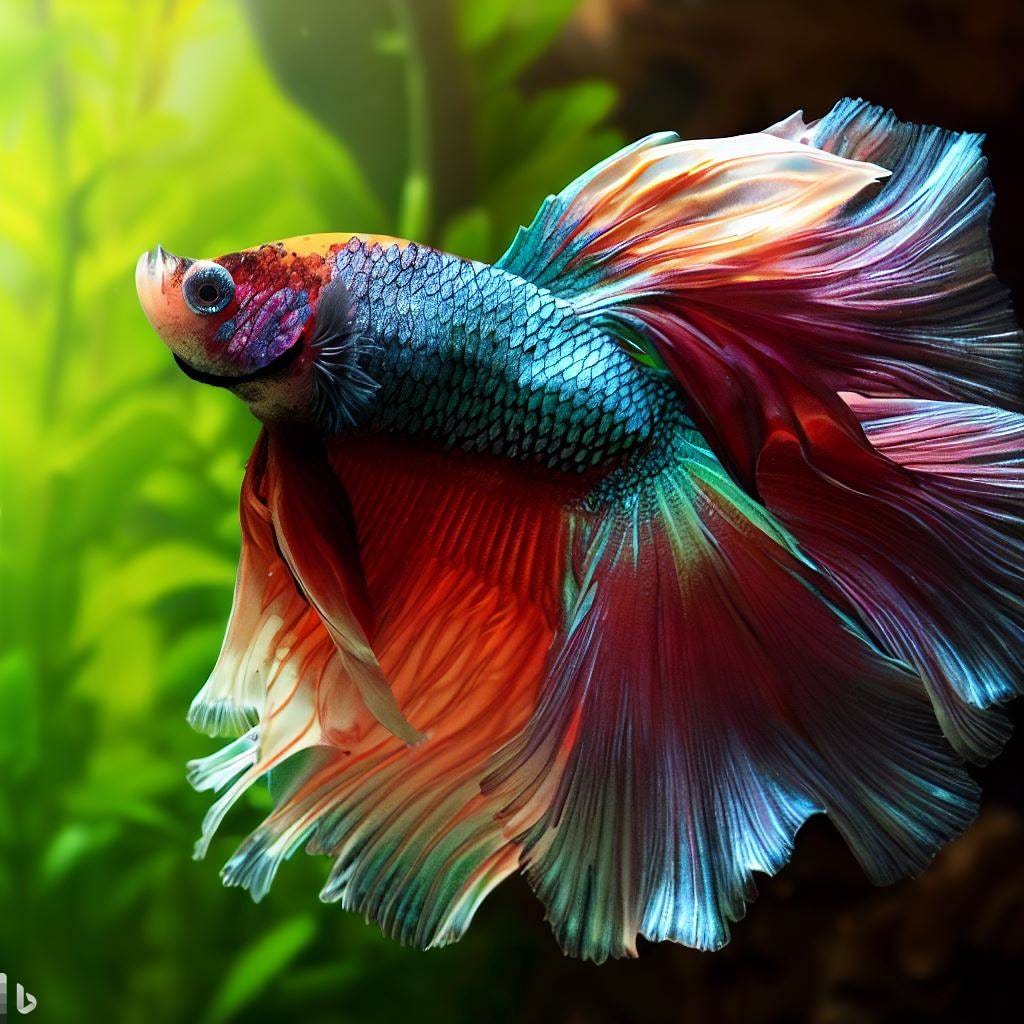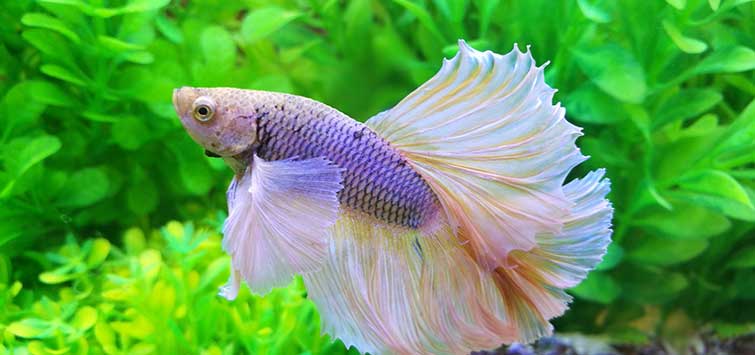The Ultimate Betta Fish Care Guide for New Pet Owners
The Ultimate Betta Fish Care Guide for New Pet Owners
Blog Article
The Ultimate Guide to Betta Fish Treatment: Important Tips for Keeping a Healthy and Growing Aquarium Setting
Efficient Betta fish treatment necessitates an extensive understanding of their distinct ecological and physical needs. Developing an appropriate aquarium starts with choosing the right tank dimension and ensuring optimum water conditions, which are important for the health and well-being of your Betta.
Choosing the Right Tank
Selecting the proper container for your Betta fish is important to guaranteeing its wellness and wellness. Bettas prosper in environments that simulate their all-natural environments, which usually are composed of calm, warm waters. A storage tank dimension of at the very least five gallons is suggested to supply adequate swimming area, as smaller sized tanks can lead to stress and health concerns for these dynamic fish.
When selecting a tank, think about the container's form and filtering system. A rectangle-shaped container is more effective to a dish, as it provides more surface area for oxygen exchange. Additionally, a dependable filtering system is important to maintain water top quality and lessen the frequency of water adjustments (betta fish). Nevertheless, it is essential to pick a filter with a gentle flow, as Bettas are not solid swimmers and might resist strong currents.
Temperature level law is one more essential element; Bettas prefer water temperature levels between 76 ° F and 82 ° F. Investing in a good heating system will guarantee that the water remains within this array, advertising a healthy and balanced and active lifestyle for your Betta. Last but not least, supplying proper tank designs and hiding areas will certainly help in reducing stress and anxiety and motivate natural actions, even more improving your Betta's wellness.
Preserving Water Quality
Keeping ideal water high quality is crucial for the health and wellness and longevity of Betta fish. This needs regular surveillance of numerous parameters, including temperature level, pH, ammonia, nitrite, and nitrate levels. Bettas thrive in temperatures in between 76 ° F and 82 ° F, so maintaining a steady temperature level is important. Abrupt fluctuations can cause stress and health problem.
The pH level need to ideally fall between 6.5 and 7.5. Regular testing making use of a dependable water testing set can assist make certain these parameters stay within the appropriate varieties. Ammonia and nitrite degrees should always be at 0 ppm, as even low concentrations can be hazardous to Betta fish. Nitrate degrees need to be maintained under 20 ppm to avoid long-term health issues.
Normal water changes are vital to maintaining water high quality. It is suggested to alter 25-50% of the container water weekly, relying on the tank dimension and stocking levels. Making use of a high-grade water conditioner can aid eliminate harmful chemicals from faucet water, making sure a secure setting. In addition, integrating a robust purification system can assist in keeping water clearness and quality, giving a much healthier habitat for your Betta fish.
Ideal Feeding Practices
Supplying a balanced diet regimen is critical for the wellness and vivid coloration of Betta fish, as these details their dietary needs play a substantial function in their general health. Betta fish are carnivorous naturally, requiring a diet plan high in healthy protein. A combination of high-grade pellets, frozen or online foods such as bloodworms, salt water shrimp, and daphnia can offer the essential nutrients they require.
Feed your Betta fish a couple of times a day, offering only what they can eat within a couple of mins to stop overfeeding and preserve water top quality. Overfeeding can lead to weight problems and health concerns, including swim bladder illness. It is essential to monitor their dietary consumption and change section sizes accordingly.
Along with healthy protein, a well balanced diet regimen needs to include nutrients to promote optimum health and wellness. Take into consideration supplementing their diet with top notch flakes or pellets specifically created for Betta fish, as these usually have required additives.

Producing an Ideal Habitat

Water top quality is extremely important; keep a temperature level in between 76 ° F and 82 ° F, and guarantee the pH level ranges from 6 - betta fish.5 to 7.5. Routine water changes of 25-50% browse around this site per week will aid maintain toxic substances away and guarantee a secure environment
Incorporating plants and concealing areas is critical, as Betta fish are normally territorial and enjoy having areas to discover and pull back. Live or silk plants, along with caverns and accessories, can create a stimulating atmosphere.

Routine Health And Wellness Checkups
Carrying out normal health and wellness appointments is essential for making certain the wellness of Betta fish, as early detection of potential concerns can stop serious health issue. These examinations need to encompass a thorough examination of the fish's physical problem, behavior, and ecological elements.
Begin by observing the Betta fish for any kind of indicators of distress, such as lethargy, loss of cravings, or unusual swimming patterns. Additionally, inspect the fins and body for indicators of discoloration, sores, or fin rot, which can suggest infections or bloodsuckers. Regularly keeping track of the water quality in the aquarium is similarly essential; parameters such as pH, ammonia, nitrite, and nitrate levels must be kept within ideal ranges to stop stress and health problem.
Moreover, consider preserving a log of health observations and water high quality tests. This document can facilitate the identification of trends or persisting problems. If any kind of abnormalities are discovered throughout the check-up, it is necessary to consult a vet experienced in aquatic animals. Prompt intervention can make a substantial difference in the healing of your web link Betta fish, making certain a long and healthy and balanced life in a properly maintained fish tank atmosphere.
Verdict
In conclusion, effective Betta fish treatment hinges on creating and keeping an optimum aquarium setting. By following these guidelines, aquarists can promote the wellness and vibrancy of Betta fish, inevitably resulting in a flourishing aquatic environment.
Report this page